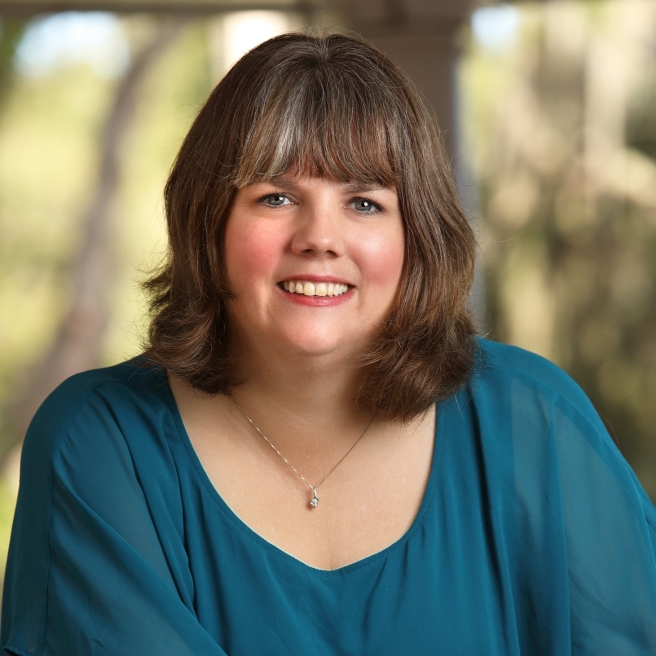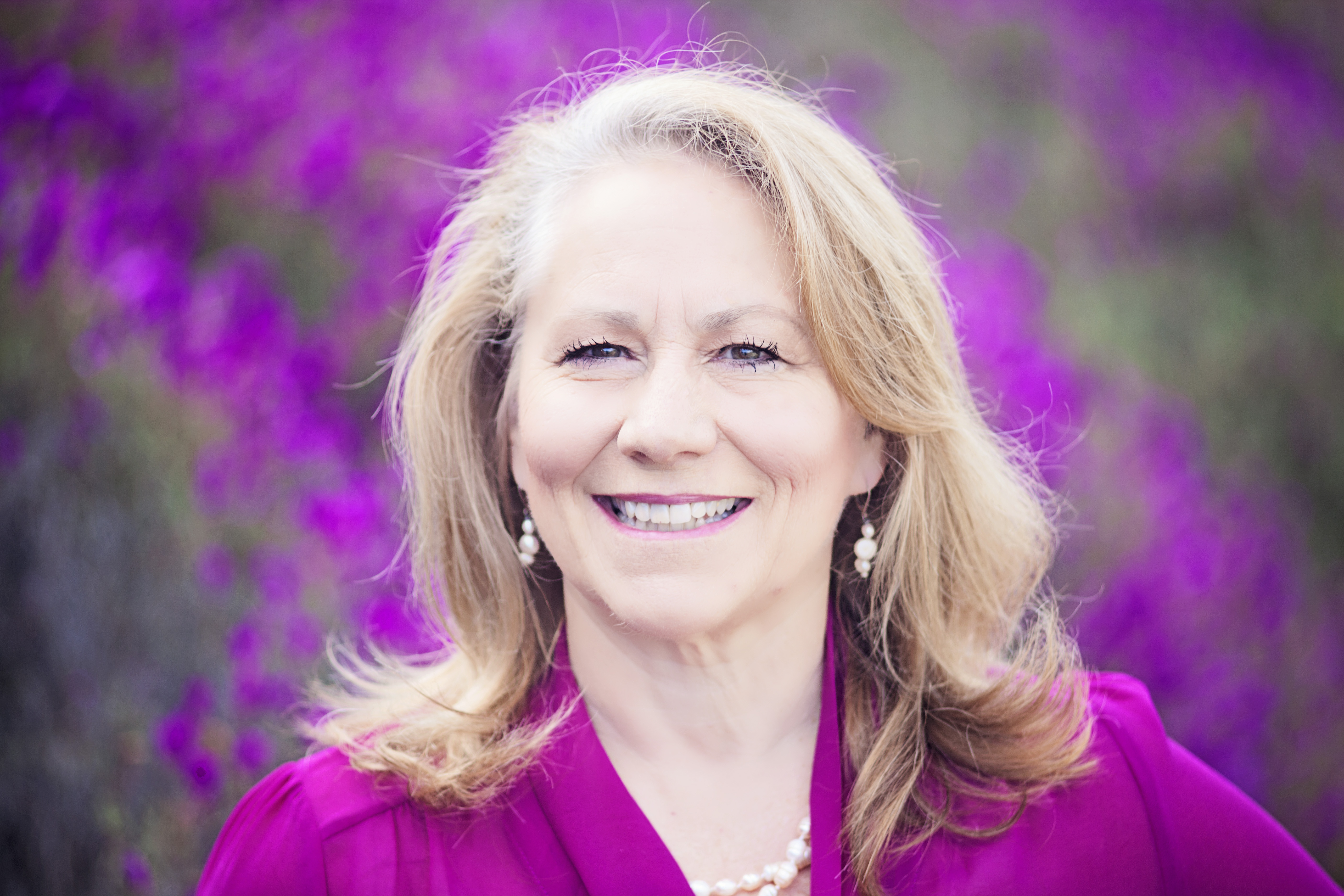by Karin Beery
My husband is an optimist—he prepares for and assumes the best-case scenario in all situations. If we need to drive thirty minutes to a friend’s house and are expected to bring a dessert that takes thirty minutes to prepare, he’ll start getting ready an hour before we need to leave.
While I appreciate that he always looks for and finds the best in people and circumstances, I’m not willing to concede that my own approach is pessimistic. Just because I look for and prepare for potential difficult outcomes doesn’t mean I expect them or hope for them. It’s the opposite, actually. I don’t want anything bad to happen, but I realize that life happens—we might not have all the ingredients we need for the dessert or there might be road construction that delays our departure.
That’s why I don’t believe people should be labeled either optimists or pessimists—I like to make room for realists too. Realists don’t sugar-coat life to pretend like the bitter and sour parts don’t happen, but they also don’t sit back and complain about the unappetizing parts. The realist has a glass of water on hand, just in case they need to swish away the bad taste of life.
When I was a young Christian, many well-meaning people tried to help me develop what they considered a more optimistic point of view. They often quoted verses from Psalms, like 34:18 (NIV), “The Lord is close to the brokenhearted and saves those who are crushed in spirit” or 100:4-5, “Enter His gates with thanksgiving and His courts with praise; give thanks to Him and praise His Name.For the Lord is good and His love endures forever; His faithfulness continues through all generations” (NIV).
But instead of being encouraging, those words often frustrated me. What about life? What about the hard times and bad things and inconveniences you can’t avoid? I wasn’t trying to be a pessimist, but the Psalms didn’t seem practical. Because they aren’t when they’re read in pieces.
I don’t remember when or why I decided to read Psalm 13, but one day I opened my Bible to that short chapter and the first few verses shocked me:
“How long, Lord? Will you forget me forever? How long will you hide your face from me? How long must I wrestle with my thoughts and day after day have sorrow in my heart? How long will my enemy triumph over me?” Look on me and answer, Lord my God. Give light to my eyes, or I will sleep in death, and my enemy will say, “I have overcome him,” and my foes will rejoice when I fall” (vv. 1-4 NIV).
The earlier verses I’d read from the Psalms were so optimistic that it never occurred to me that the author saw anything other than the sunny side of every situation. It never occurred to me that life happened to him, too. It not only happened to him, he wrote about it! He acknowledged the struggles and hardships.
So why didn’t anyone accuse him of being a pessimist?
Because he didn’t stay in the hardships. Though Psalm 13 starts with acknowledging the struggles, it ends with: “But I trust in your unfailing love; my heart rejoices in your salvation.I will sing the Lord’s praise, for he has been good to me” (vv. 5-6 NIV).
The psalmist didn’t ignore his suffering, but he didn’t stay focused on it either. So maybe the options aren’t only optimist, pessimist, or realist. Maybe we can be optimists, pessimists, or psalmists.
This article is brought to you by the Advanced Writers and Speakers Association (AWSA).


About the author: Author of hopeful fiction with a healthy dose of romance, Karin Beery also owns Write Now Editing, helping authors turn good manuscripts into great books. She lives in northern Michigan with her husband and pets. When she’s not writing, editing, or teaching, she and her husband drink too much (decaf) coffee, put up their Christmas tree the first weekend in November, and do their best to live every day for the Lord.
Join the Conversation: Are you an optimist? Or a pessimist?



 About the author:
About the author: